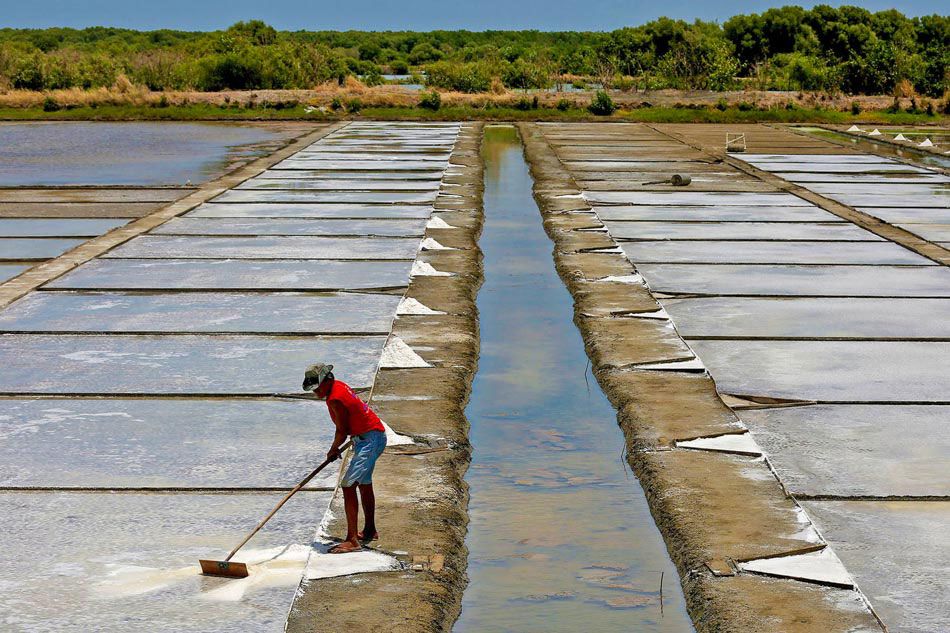Antique, known for its pristine beaches, has long been associated with salt production. Salt, an essential component in every kitchen and a crucial part of the local economy, has been a source of pride for the province. However, in recent years, Antique has witnessed a significant decline in its salt production, raising concerns about the future of this vital industry.
The dwindling salt production in Antique is more than just a concerning statistic; it is a pressing issue that affects not only the livelihoods of local salt farmers but also the overall well-being of the province. Antique salt production has a historical significance that dates back centuries, and its gradual decline is a reflection of the challenges faced by traditional industries in the modern world.
Several factors have contributed to this decline. First and foremost is the competition from mass-produced, low-cost salt imported from other regions. While affordable for consumers, these imported salts have begun to erode the local salt industry's market share. Local salt farmers, who rely on their craft to support their families, are struggling to compete with larger-scale commercial salt production.
Moreover, climate change and unpredictable weather patterns have made salt production increasingly difficult. Rising sea levels, erratic rainfall, and extreme weather events have disrupted the traditional salt farming processes in coastal areas. The inundation of salt fields and changing weather conditions have made it challenging for salt farmers to predict and control the quality and quantity of their yields.
The Philippine Council for Agriculture and Fisheries (PCAF) convened government agencies and industry stakeholders in Antique to address the continuous decline in local salt production.
In a statement, PCAF said the meeting was meant to solicit policy recommendations and foster collaboration among government agencies, research institutions, and industry stakeholders.
The same gathering pushed for the immediate passage of the Philippine Salt Industry Development Act, an amendment of An Act for Salt Iodization Nationwide (Asin) Law, and the creation of the Philippine Salt Industry Development Road Map.
PCAF, the Department of Agriculture’s policymaking arm that facilitates broad-based participatory processes in the sector, said they also recommended carrying out a collaborative inter-agency approach in the formulation and implementation of the Salt Industry Development Action Plan and the National Iodization Plan.
House Bill No. 8278, or the proposed Philippine Salt Industry Development Act, aims to revitalize the country’s salt industry by formulating and adopting policy directions as well as strategic plans to bolster local production. This calls for crafting short-, medium--, and long-term industry road maps to revive the salt industry and pursue effective export strategies to make the sector competitive.
#OpinYonPanay #RevitalizingTheSaltIndustry #Antique #PCAF #DepartmentOfAgriculture #OpinYon #WeTakeAStand
